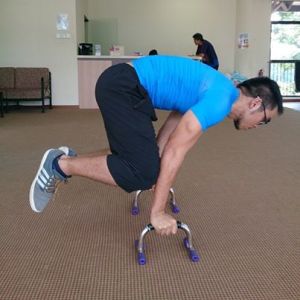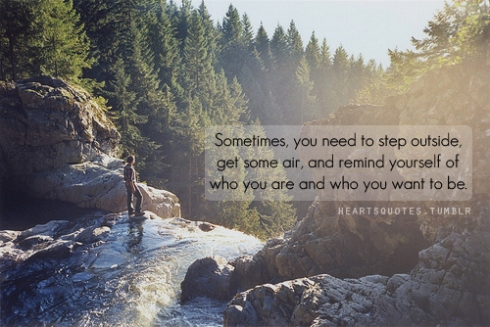Tags
Failures, goals, Grappling, Jiujitsu, Judo, Management, Martial Arts, MMA, motivation, Perseverance, personal development, personal growth
I’d recommend Napoleon Hill’s “Think and Grow Rich” to anyone who is need for some motivation. The book mainly emphasizes on self-belief, positive attitude and perseverance to achieve success in life. This is not to say that if one possesses the positive mindset, he will never fail. Failures are parts and parcel of life.
Hence, I was in a conflict with this belief when I was reading the book. A positive attitude would definitely benefit us in raising the probability of succeeding in a specific goal. However, as much control we like to think we have, we are still bound to the unpredictability of life. There is still a possibility of failure. How do I approach this concept then?
Using what I’ve learn from the book, I came up with my own 3 steps to approach a goal.
1) Positive mindset/attitude
Visualizing the success infuses the self-belief and motivation to perform better at the required tasks to reach the goal. With positivity flowing, your mind is more open to opportunities that are laid out. God willing, you are going to achieve this goal
2) Manage failures, but don’t expect them
You did everything right, but still did not succeed. Some come crashing down after a failure, after expecting 100% success. This hits them hard. However, you can learn to manage these failures if they arise. As the saying goes, what doesn’t kill you makes you stronger. Life goes on. Tomorrow is a new day to work on your goal again.
3) Learn from your success/failure
Take every success or failure as a learning outcome. A certain event would not determine the type of person you are and always will be. Your life is a dynamic and ever-changing process. It gives you abundant of chances to improve and pick yourself up again. The “person” you are now, would not be the same “person” 2 or 5 years down the road.
I joined my first ever grappling competition today. I instilled a positive attitude throughout. I visualized my goals. I was there to do my best. I’ll manage losing if it comes. However, this time around, I managed to come out being the champion. Today was my day, but other days might not be the same. For that I am grateful and still have much more to learn.






 Back in October I started a
Back in October I started a 